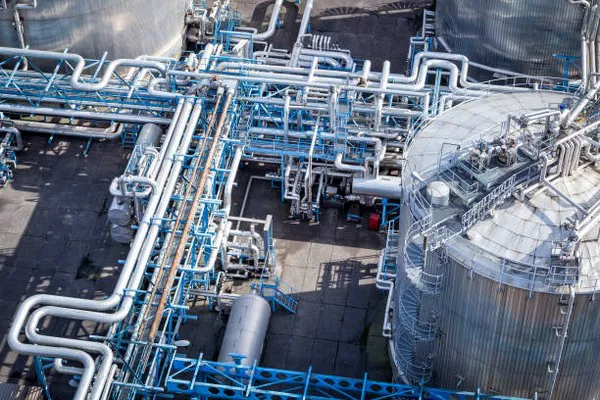The sweltering heat of summer can be unbearable without a functioning air conditioning system. If you’ve found yourself in a situation where your AC compressor isn’t turning on, it can be a frustrating and uncomfortable experience. However, understanding the potential reasons behind this issue can help you troubleshoot and resolve the problem efficiently. In this article, we’ll explore the common causes of a non-operational AC compressor and provide insights into how to address each issue.
Electrical Issues:
One of the primary reasons your AC compressor may not be turning on is electrical problems. Start by checking the circuit breaker that controls your HVAC system. A tripped breaker can easily halt the operation of your compressor. If you find that the breaker has tripped, reset it and monitor the system. If the problem persists, there may be an underlying electrical issue that requires professional attention.
Faulty wiring can also be a culprit. Inspect the wiring connected to the compressor for any signs of damage or wear. If you discover exposed wires, frayed insulation, or loose connections, it’s imperative to address these issues promptly. Consulting with a certified HVAC technician is advisable for complex electrical problems.
Thermostat Malfunctions:
The thermostat serves as the control center for your HVAC system, regulating the temperature and signaling the compressor to turn on when needed. If the thermostat malfunctions, it can disrupt communication with the compressor, preventing it from starting.
Ensure that your thermostat is set to the desired temperature and mode (cooling). If your thermostat is programmable, check the programmed settings to rule out any scheduling conflicts. If you suspect a thermostat malfunction, consider recalibrating or replacing it. In some cases, a simple battery replacement might be the solution.
Capacitor Issues:
Capacitors are crucial components in the start-up process of your AC compressor. The start capacitor provides the initial electrical push needed to get the motor running, while the run capacitor keeps it operational. If either capacitor fails, the compressor won’t receive the necessary electrical boost, resulting in a failure to start.
Inspect the capacitors for signs of swelling, leaking, or other physical damage. A visual inspection can reveal obvious issues, but testing with a multimeter is the most accurate way to determine if a capacitor is faulty. If you identify a defective capacitor, replacing it is a relatively straightforward task for a skilled technician.
Contactor Problems:
The contactor is another critical component that enables the flow of electricity to the compressor. Over time, contactors can accumulate dirt, corrosion, or suffer from wear, leading to poor electrical connectivity and preventing the compressor from starting.
Examine the contactor for signs of wear or damage. If you notice pitting or burning on the contact points, it’s a clear indication of a problem. Cleaning the contactor or replacing it if necessary can restore proper functionality. Remember to turn off the power to your HVAC system before attempting any maintenance.
Refrigerant Issues:
Insufficient refrigerant levels can hinder the operation of your AC compressor. The refrigerant is responsible for absorbing heat from the indoor air and facilitating the cooling process. If there’s a refrigerant leak or if the levels are too low, the compressor may not engage to prevent damage.
A refrigerant leak requires immediate attention from a qualified technician. They can identify the source of the leak, repair it, and recharge the system with the correct amount of refrigerant. Regular maintenance, including leak checks, can help prevent these issues.
Conclusion:
A non-operational AC compressor can be caused by various factors, ranging from simple electrical issues to more complex component failures. While some troubleshooting steps can be taken by homeowners, it’s crucial to recognize when professional intervention is necessary. Regular maintenance, timely repairs, and professional inspections can help ensure the longevity and efficiency of your HVAC system. If you find yourself unable to identify or resolve the issue, don’t hesitate to contact a licensed HVAC technician to diagnose and address the problem promptly. Remember, a well-maintained AC system not only keeps you cool but also contributes to energy efficiency and cost savings in the long run.

